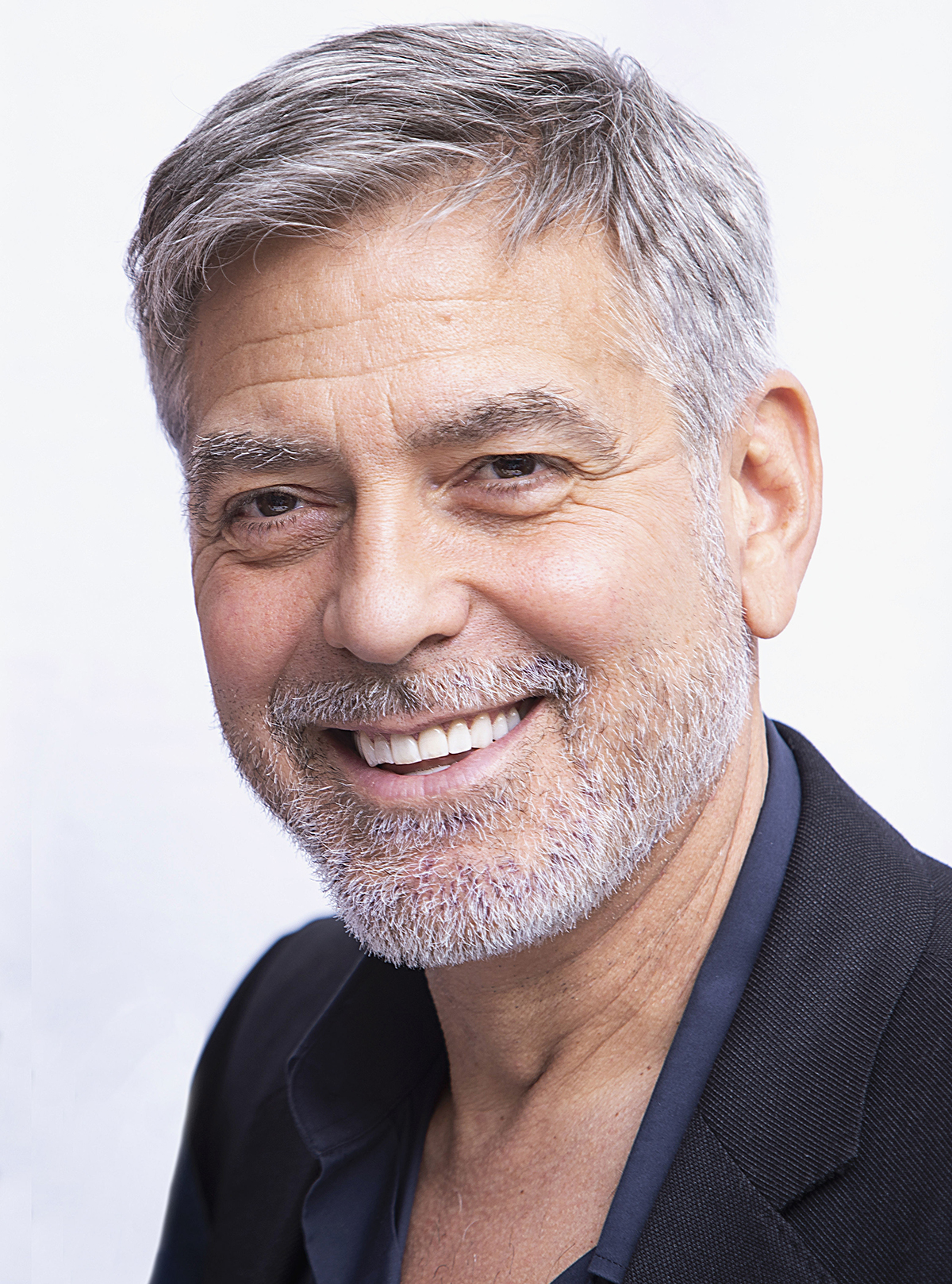
- Interviews
HFPA in Conversation: George Clooney on Becoming a Character Actor
Golden Globe winner and Cecil B. deMille Award recipient George Clooney tells HFPA journalist Elisabeth Sereda how his latest movie, The Midnight Sky, was shaped in post-production. The Netflix film is based on Lily Brooks-Dalton’s novel Good Morning, Midnight, and is the story of a lonely scientist in the Arctic Circle who tries to stop a group of astronauts on a spaceship, on a his way back from a mission in Jupiter, from returning to an Earth that has endured a global catastrophe. Clooney directed and produced the movie and stars in it as well.
“When we first started it, it was really a discussion about the things that we are capable of doing to one another. I grew up in the 60s and we did duck and cover drills, everybody was looking at the probability that at some point we were going to blow each other up between the Soviet Union and the United States. So it was always this idea that wow, man is actually going to blow up Earth, the kinds of things we could do.”
Then the Berlin wall came down. “Then it became much different existential threats like global warming and denying science, again what man does to man. And all of those elements were in play when we started the movie; the one thing I hadn’t really counted on was the pandemic. In the editing room once we started, it became clearer and clearer that this was a story about our inability to communicate with one another and our inability to be next to the people we love and are close and how that actually takes a great toll on you. And so that became something that we learned more into as I was working on the postproduction.”
Clooney hasn’t been in front of the camera too often lately. “If there was a really interesting project, a good script, I’d do it. It’s hard to find good acting jobs as you get older, the roles change. Somebody asked me the other day, “well is this what you’re leaning into now, this kind of character actor thing? I was like, well it’s sort of what happens when you get to be 60, things change.” I’d much rather be doing Out of Sight but that’s not who I am anymore. So it’s more about finding something that’s appealing and that I think would excite me and a script first and foremost and then a director that I’d be really fascinated to work with.”
Listen to the podcast and hear why he couldn’t do Midnight Sky in his 40s; what are the milestones that changed his career; why he chose to pursue directing; what are the secrets to direct a good movie; why he didn’t follow his aunt’s footsteps to the music business or his dad’s footsteps to journalism; how he became an actor; what is the advantage of being an older father; did he change the way he sees the world when he met his wife? ; why it is important that his movies shows what is going on in the world; how he learned that one should always have a good story with some good anecdotes to tell; why he is able to do both comedy and drama; why he couldn’t work with Steven Soderbergh’s latest movie; why he doesn’t want to talk about his injuries; why he gave money to his friends; is it hard to keep friends in Hollywood?; what gets him out of bed; why Bob Dylan gave him a call; is he going to go to the inauguration?; and what he’s doing next.

